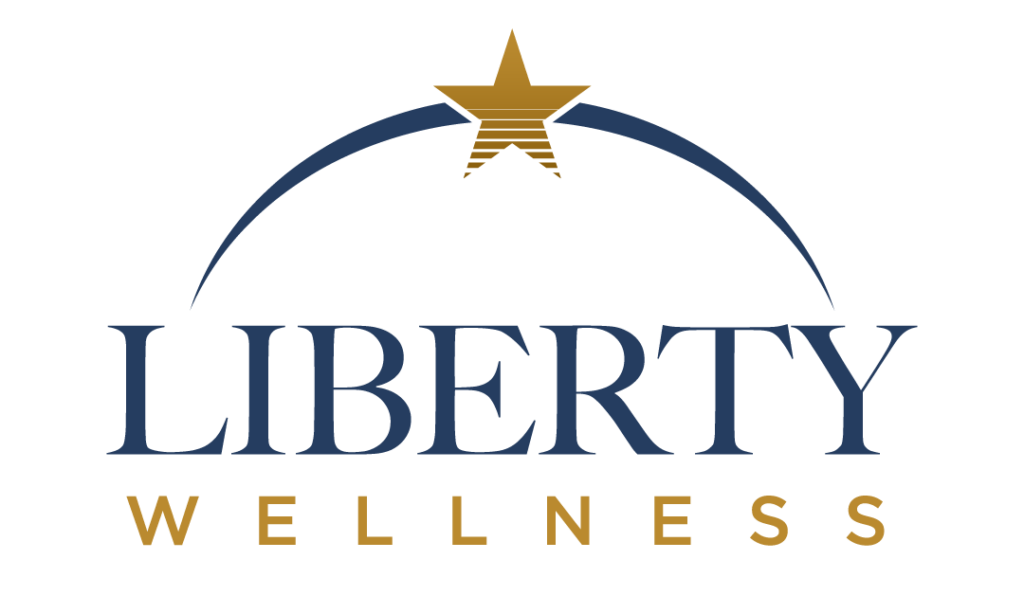Are you on a drug addiction recovery journey and seeking an effective tool to support your healing process? Look no further than the power of mindfulness.
Mindfulness is a practice that involves being fully present at the moment and observing your thoughts and feelings without judgment. In recent years, it has gained significant attention for its ability to transform lives, particularly in addiction recovery.
Liberty Wellness NJ believes in the power of mindfulness and incorporates it into our individualized treatment plans that support individuals toward growth in their sobriety goals.
Call our drug and alcohol rehab center in New Jersey today to learn more about our treatment options that can help you or a loved one overcome addiction.
Understanding Mindfulness In The Context Of Drug Addiction Recovery
Mindfulness is a practice deeply rooted in ancient traditions, but its benefits have become increasingly recognized in addiction. Mindfulness involves bringing attention to a moment without judgment or attachment to thoughts or emotions. In the context of drug addiction recovery, mindfulness can be a powerful tool for self-reflection and self-discovery. By observing their thoughts and feelings without judgment, individuals can gain a more profound understanding and learn about their addiction triggers.
When caught up in the cycle of addiction, we often operate on autopilot, reacting impulsively to our cravings and triggers. Mindfulness breaks this cycle by creating a space between our thoughts and actions, allowing us to respond consciously rather than reactively. This new level of awareness enables individuals to identify their triggers, cravings, and negative thought patterns, empowering them to make healthier choices and break free from addiction.
Mindfulness teaches individuals to observe their thoughts and emotions with kindness and understanding, creating a nurturing environment for self-acceptance and healing. Rather than beating themselves up for past mistakes, individuals can approach themselves with compassion and forgiveness, which is essential for a successful recovery journey.
The Role Of Mindfulness In Reducing Cravings And Managing Triggers
One of the most significant challenges individuals face during addiction recovery is managing cravings and avoiding relapse. Mindfulness can be a powerful tool, allowing individuals to observe their cravings without judgment or attachment. By acknowledging the presence of a craving and observing it with curiosity rather than resistance, individuals can create a sense of distance between themselves and the urge to use drugs.
Research has shown that mindfulness can reduce the intensity and duration of cravings by helping individuals recognize that cravings are temporary and transient experiences. By observing the physical sensations, thoughts, and emotions associated with cravings, individuals can ride the wave of discomfort without giving in to the urge to use drugs. Over time, this practice strengthens their ability to resist cravings and empowers them to make healthier choices.
In addition to managing cravings, mindfulness plays a crucial role in identifying and managing triggers. Triggers are external or internal cues that elicit cravings and increase the risk of relapse. By cultivating mindfulness, individuals can develop heightened awareness, identify triggers, and respond healthily and proactively. Rather than being caught off guard by triggers, individuals can use mindfulness techniques to pause, reflect, and choose a response that aligns with their recovery goals.
The Benefits Of Mindfulness For Emotional Regulation And Stress Management
In addition to reducing cravings and managing triggers, mindfulness offers numerous benefits for emotional regulation and stress management. Addiction often stems from a desire to numb or escape from uncomfortable emotions. Mindfulness provides a healthier alternative by teaching individuals to observe and accept their feelings without judgment.
Through mindfulness, individuals can develop a greater awareness of their emotional states, allowing them to respond to their emotions more skillfully. Rather than reacting impulsively to difficult emotions, mindfulness enables individuals to create a space between their feelings and actions, allowing them to choose a response that aligns with their values and goals.
Mindfulness also equips individuals with practical stress management tools. Stress is a common trigger for relapse, and learning to navigate stress healthily is crucial for long-term recovery. By practicing mindfulness, individuals can cultivate a sense of calm and stability in the face of stress. They learn to observe their stressors without becoming overwhelmed, allowing them to respond to stress more adaptive and resiliently.
Furthermore, research has shown that mindfulness can reduce cortisol levels, the stress hormone, in the body. This cortisol decrease can positively impact overall well-being, as high levels of stress hormones can contribute to various physical and mental health issues.
Embracing Mindfulness As A Transformative Tool In Drug Addiction Recovery
Mindfulness has the power to transform your drug addiction recovery journey. By cultivating mindfulness, you can develop self-awareness, reduce cravings, manage triggers, and improve emotional regulation and stress management. Mindfulness is not a quick fix or a standalone treatment for addiction but a lifelong practice that requires dedication and consistency. Liberty Wellness is a New Jersey outpatient rehab center. Learn more about how mindfulness can change your life with Liberty Wellness, NJ, today.




